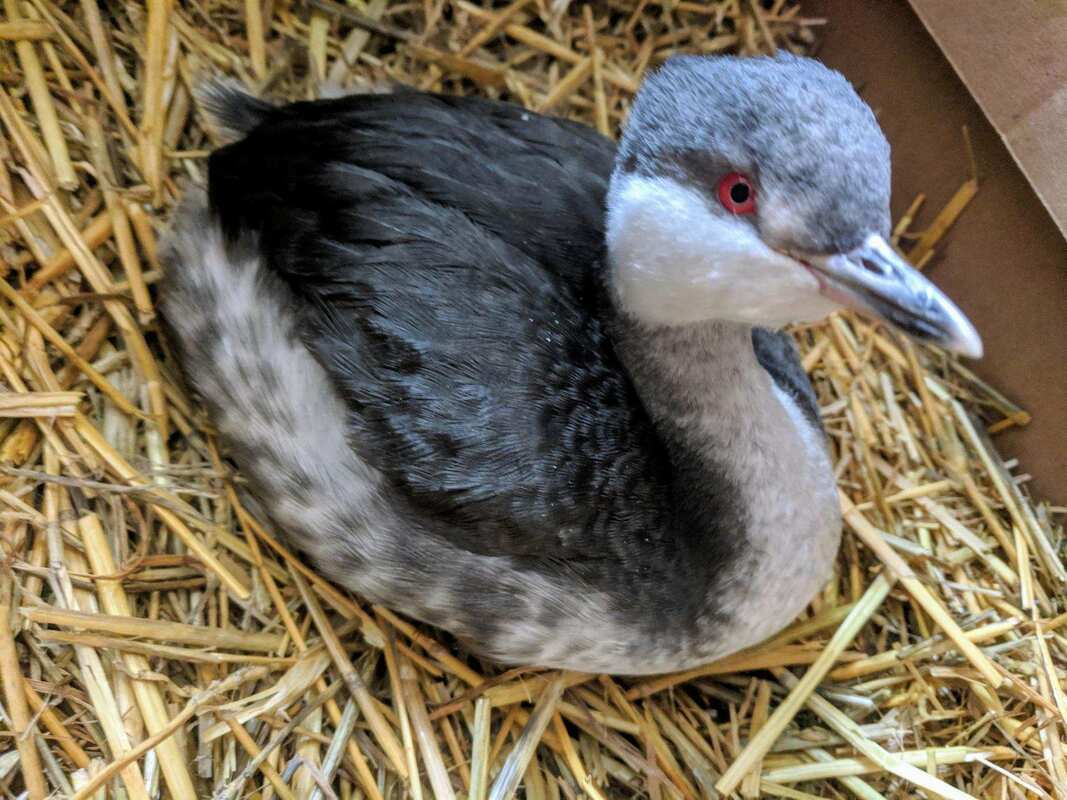 A big thanks to Spencer in Ontario who rescued a Horned Grebe! Finding my website which highlights these birds, he called for help, which I was happy to offer. The horrible cold and storm in the mid-west is likely bringing quite a few of these birds up onto the shore or onto parking lots and roads. They come out of the water if they are either frozen out or have lost their waterproofing (like from contamination or bad body condition). I hope more downed ones are found. Always rescue a grebe out of water, and never simply put them back in. They are out for a reason and need help. Horned Grebes are some of the cutest birds there are. Looking like mini-penguins, their feet are positioned toward their rears to enable efficient swimming. They have a hard time standing for this reason. Like a lot of waterbirds, they have smallish wings that are held tight to their bodies for streamlined swimming (though they do not swim with the wings). The foot position and small wings makes it impossible for them to fly from stand-still. They must run on water for up to 20 or more feet to get into the air. Thus, once down, that's it if they hit pavement. These cuties breed in AK and Canada mainly, with just a few in the states. They winter in coastal regions, from Alaska to Mexico and Nova Scotia to Florida, also winter inland on lakes and rivers at various locations throughout the US. Horned's eat lots of larvae and insects, as well as small fish. They have charming breeding behaviors and the male and female have similar plumages in breeding season and winter. They mate up during winter, and are monogamous; some continue their relationships for several seasons. These birds wind up coming down in bad storms and when lakes or rivers freeze over. They will hop onto land if frozen out and basically sit there, helpless and at risk of starvation or predation. They also come down if migrating and hitting severe weather. They wind up emaciated, hypothermic, and at risk of death. Huge numbers of these birds have come down in harsh storms in parking lots and roads. But when the single birds get downed, it is a bird that simply does not have the stamina from poor body condition. These birds are prone to parasites (worms), which cause them to be in poor condition and weight. Worm infections can ruin waterproofing as well. can be Birds that I get ALWAYS have worms and are always hypothermic. We follow care protocols similar to those of the seabird-specialist facilities , so every bird gets wormed asap here. However, these birds, if they are in migration, reduce (atrophy) the size of their internal organs. This makes them unable to receive the normal level of food intake. This is a key reason these birds must come into rescue. First, we must access their physical status, including whether they are in a migratory condition.
Downed birds are always cold. Sitting on cold pavement or snow (and given they came down due to condition), would make anyone cold. Putting them back into cold water will either kill them or they will get out again. Hypothermia kills wet, cold birds. Getting them warm is critical. Like all seriously hypthermic patients, including humans, they cannot simply be set on a hot pad. They must be warmed slowly and hydrated. These birds special water facilities to regain their waterproofing and hydration. So, please make sure to call someone if you find one. Never simply put them back on water, call a wildlife rescue and get a consult with a rehabilitation professional who knows these birds. I am happy to answer questions and help find a facility wherever you are. A huge thank you to Spencer for caring for this wonderful and unique bird. And thanks for driving him 3 hours to save him!!! Finding rescues who take these birds and can help them sometimes requires some looking. Spencer - You rock!
1 Comment
|
AboutNative Bird Care's is celebrating its 10th anniversary! Our main focus is song, shore, and waterbirds. We offer specialized care and facilities for these extraordinary birds.. Archives
July 2024
Categories
|
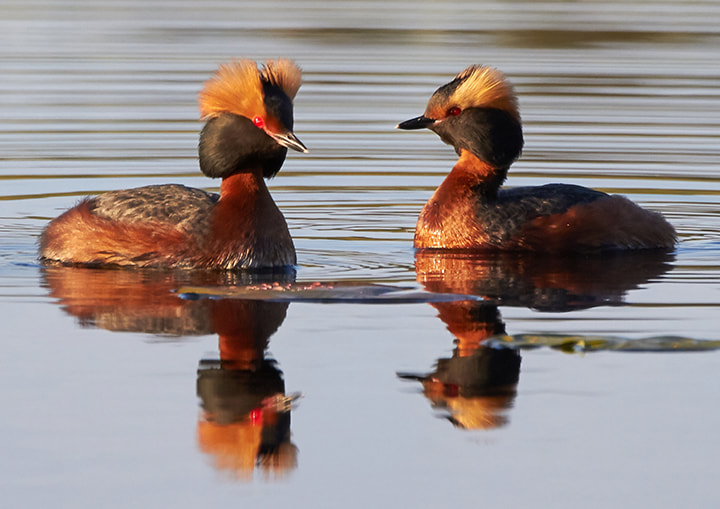
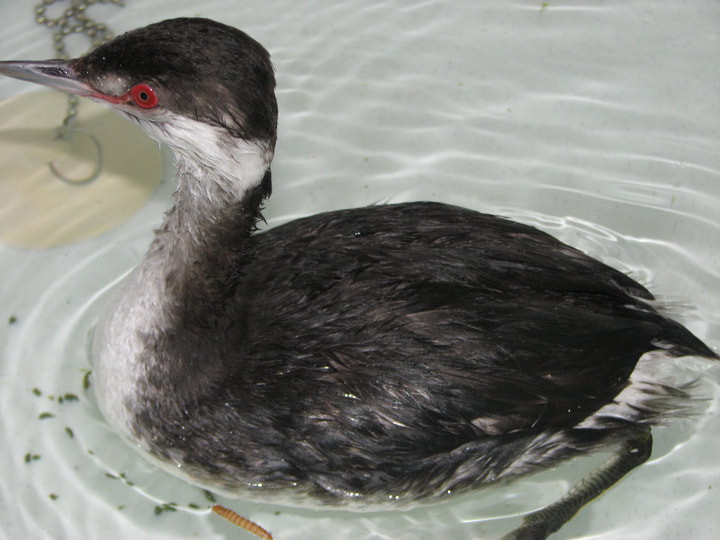
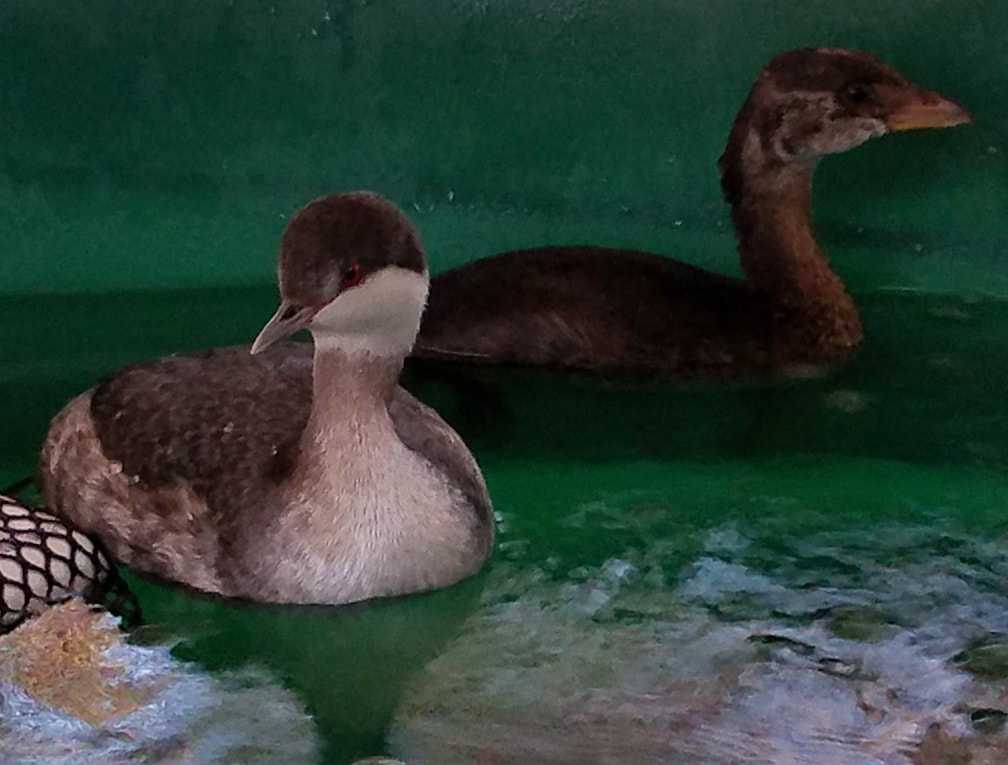
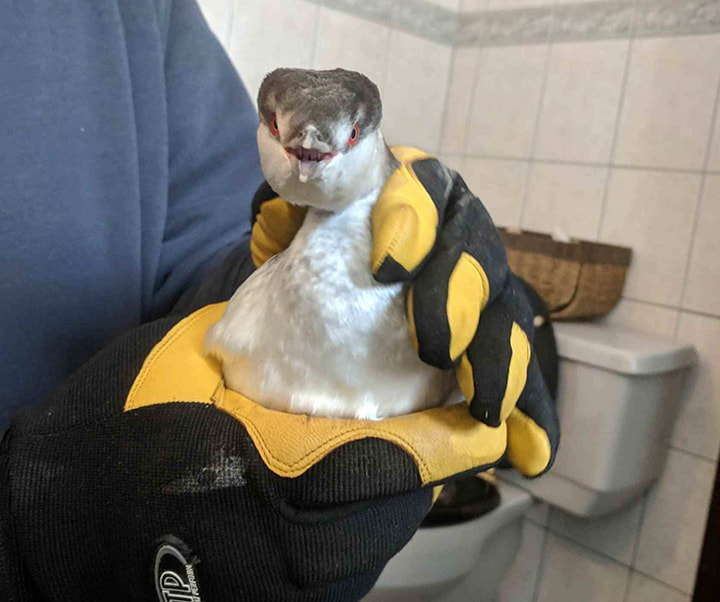
 RSS Feed
RSS Feed